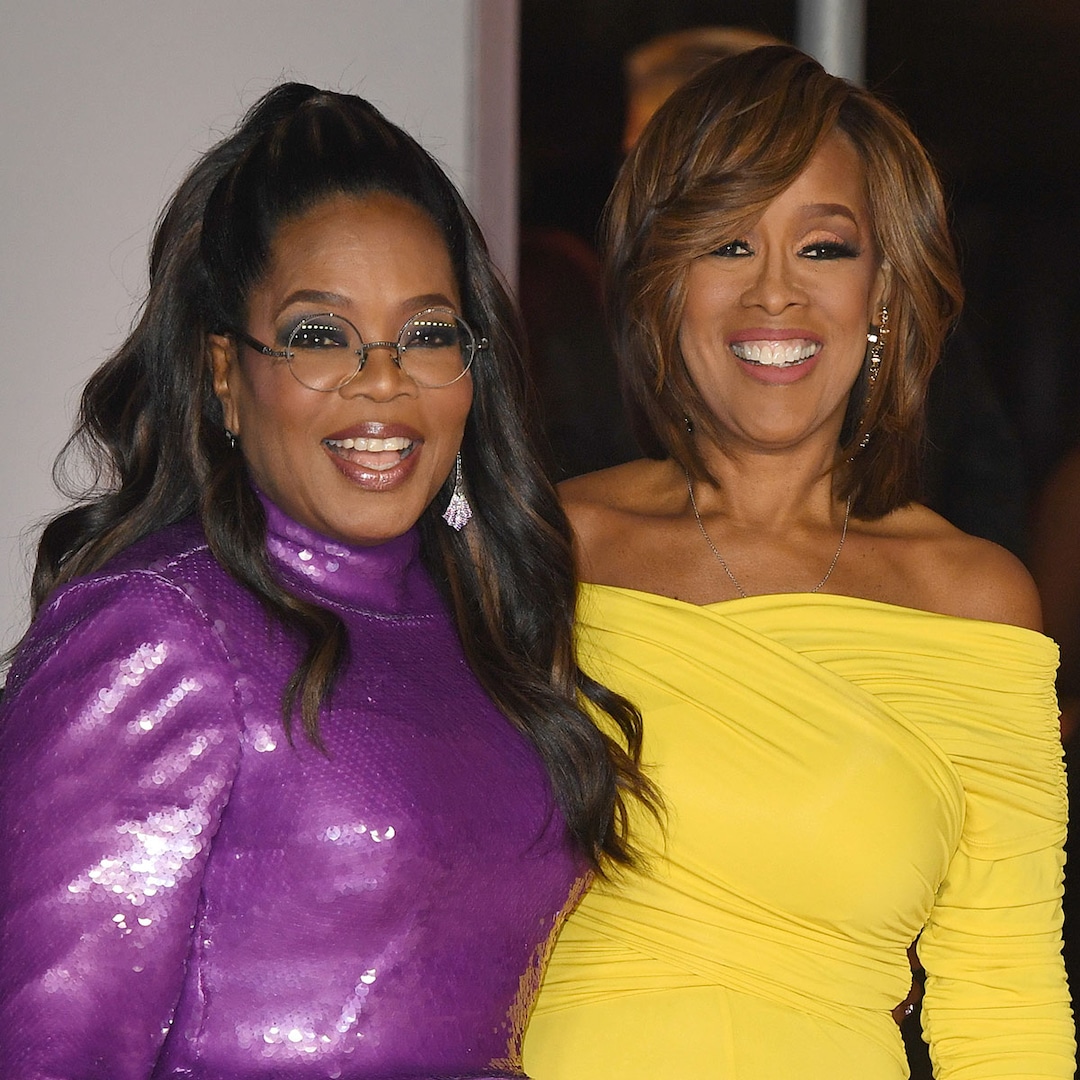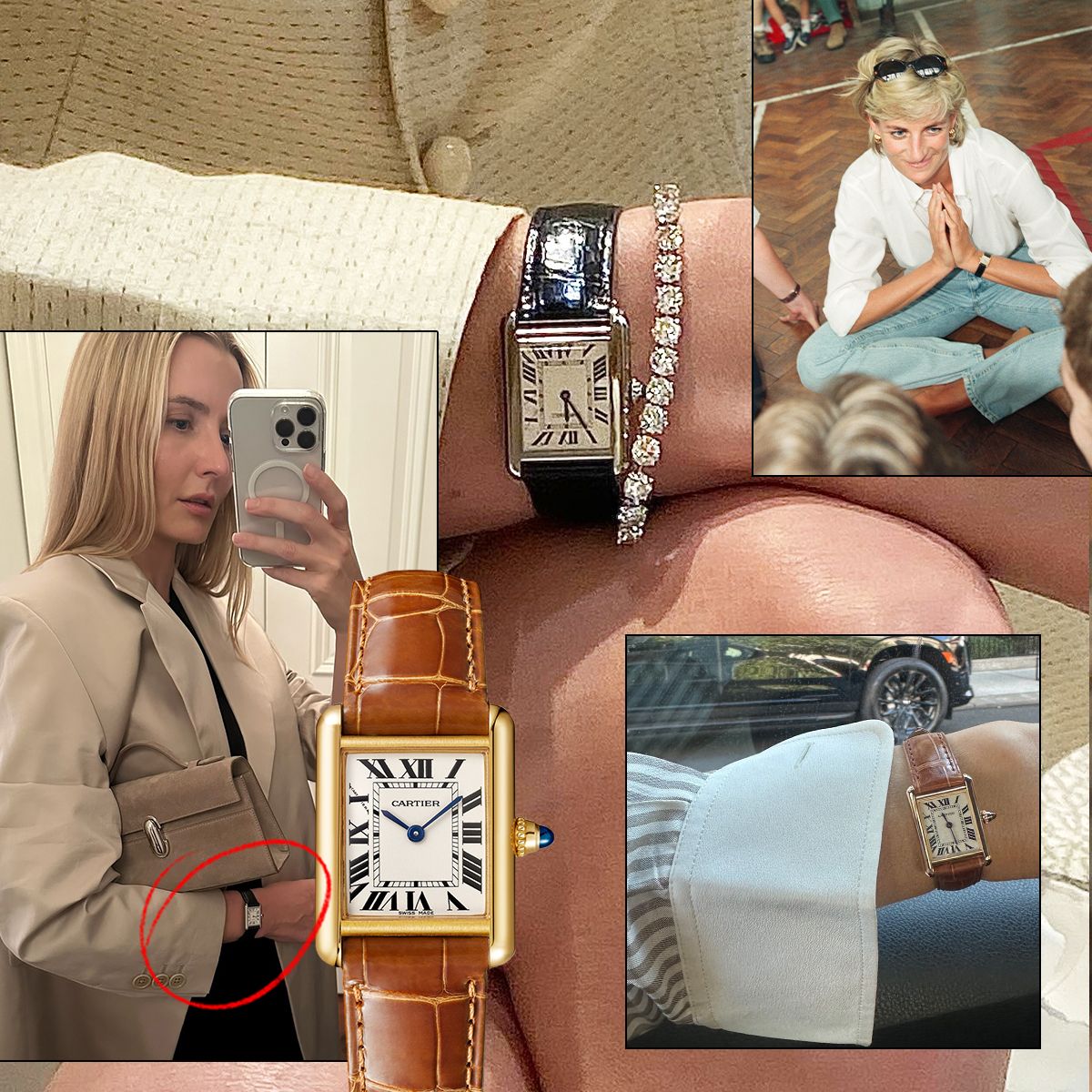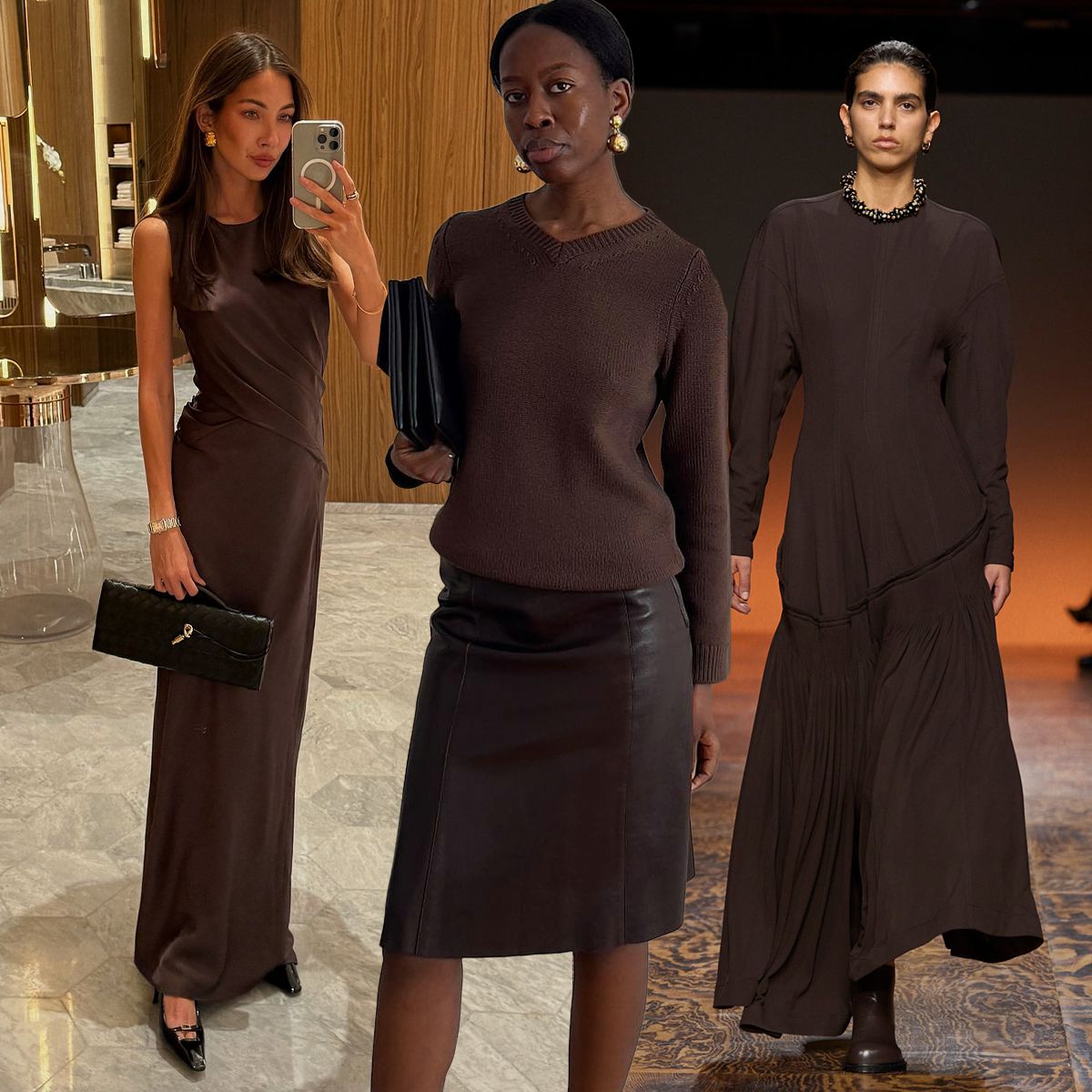Imaginary friends are a rite of passage for many children, an expression of their blossoming creativity and ability to craft elaborate fantasy worlds. But what happens when that imaginary companion takes on a life of its own—a sinister life? That’s the chilling premise that underpins “Imaginary”, the latest supernatural horror film from Blumhouse Productions.
Directed by Jeff Wadlow from a script he co-wrote with Greg Erb and Jason Oremland, “Imaginary” tells the story of Jessica (DeWanda Wise), a children’s book author who returns to her childhood home with her new husband Max (Tom Payne) and his two daughters from a previous marriage, moody teenager Taylor (Taegen Burns) and the younger, lonely Alice (Pyper Braun). When Alice discovers an old teddy bear in the attic and becomes inseparable from her new “friend” Chauncey, Jessica senses something isn’t right.

As Alice’s behavior takes an increasingly disturbing turn under Chauncey’s influence, Jessica is forced to confront repressed memories of her own imaginary companion from youth. It soon becomes clear that Chauncey is more than a harmless plush toy—he’s a malevolent supernatural entity hellbent on pulling Alice into a dark fantasy realm. With her fragile new family unit hanging in the balance, Jessica must uncover the truth about the forces she unwittingly unleashed from her past before it’s too late.
While the central premise of “Imaginary” holds tantalizing potential to tap into primal childhood fears, Wadlow’s film struggles to fully capitalize on its creepy conceit. For every inspired beat of visual horror or unsettling tonal shift, there’s an equal overreliance on derivative haunted house clichés and underwhelming narrative turns.
The first half does an admirable job of establishing an ominous, dread-soaked atmosphere as the bond between Alice and her “friend” Chauncey intensifies. Young actress Pyper Braun is particularly chilling, imbuing Alice’s fractured psyche and escalating obsession with tragic authenticity. Wise is also compellingly committed as the increasingly frantic Jessica desperate to protect her family.
However, the screenplay by Wadlow, Erb, and Oremland too often defaults to eye-rolling jump scares and vapid supporting characters in lieu of nuanced world-building or thematic exploration. Despite its intriguing premise, “Imaginary” quickly devolves into a derivative remix of stale genre tropes we’ve seen executed countless times before across other haunted house/possessed doll properties.

What’s most disappointing is how the film squanders its rich potential to explore the psychological horrors that can manifest from childhood trauma and an overactive imagination run amok. The eventual explanations for Chauncey’s origins and connections to Jessica’s past lack any genuine surprise or novelty.
By the third act, “Imaginary” has fully descended into an uninspired slog of tangled fantasy world-building and tedious exposition dumps. The visual imagination on display remains striking in flashes, with Chauncey’s design and Alice’s fractured fantasies providing some creepy imagery. But the narrative thrust proves an utter mess, failing to bring any cohesive thematic resolution.
Wadlow’s direction does maintain a consistent air of unease throughout the first two acts at least. He mines decent mileage out of the ambiguity around whether the threat is psychological or supernatural in nature. But with the film neutered by its PG-13 rating, any hopes for visceral thrills or lingering scares are effectively squashed.
Performances remain solid, even if the actors are constantly struggling against the script’s inert dialogue and thinly-sketched character work. In addition to Braun’s haunting turn, Wise brings grounded conviction to Jessica’s escalating mama bear desperation. Veteran actress Betty Buckley also has some nice moments as an old neighbor hiding her own secrets.
“Imaginary” proves more interested in recycling shopworn jump scare tactics and fantasy world-building than any sort of substantive psychological exploration or narrative ingenuity. For all its promise of tapping into primal childhood terrors, this toothless horror effort lacks the courage of its own imaginary convictions.

While director Jeff Wadlow’s film has some redeeming qualities in its spooky premise, eerie visual flourishes, and committed lead performances from DeWanda Wise and Pyper Braun, it far too often succumbs to lazy horror rehashes and convoluted plot detours. The first two acts cultivate an appreciable level of dread and creepy atmosphere, but any sense of lingering dread or thematic resonance gets abandoned in favor of a rushed, overstuffed finale.
“Imaginary” had the potential to be a chilling meditation on the horrors that can fester from childhood issues left unresolved and the boundless depths of the youthful imagination. Instead, it settles for hokey jump scares, half-baked world-building, and a derivative haunted house narrative we’ve seen done countless times before with more style and substance.
“Imaginary” will likely fade from memory just as quickly as one of Alice’s imaginary friends. It’s an inoffensive but painfully conventional genre effort that sadly never fulfills its own deliciously dark promise.
Rating: 3/10



























































![OG Boo Dirty Fet Finesse2Tymes – “Unappreciated” [Official Music Video] OG Boo Dirty Fet Finesse2Tymes – “Unappreciated” [Official Music Video]](https://i.ytimg.com/vi/uaEFrPJHASg/maxresdefault.jpg)



![“Imaginary” Movie Review: A Disappointingly Unimaginative Horror Rehash [REVIEW] “Imaginary” Movie Review: A Disappointingly Unimaginative Horror Rehash [REVIEW]](https://i0.wp.com/horrorfacts.com/wp-content/uploads/2024/03/DeWanda-Wise-in-Imaginary-2024.jpg?resize=662,442&ssl=1)


















